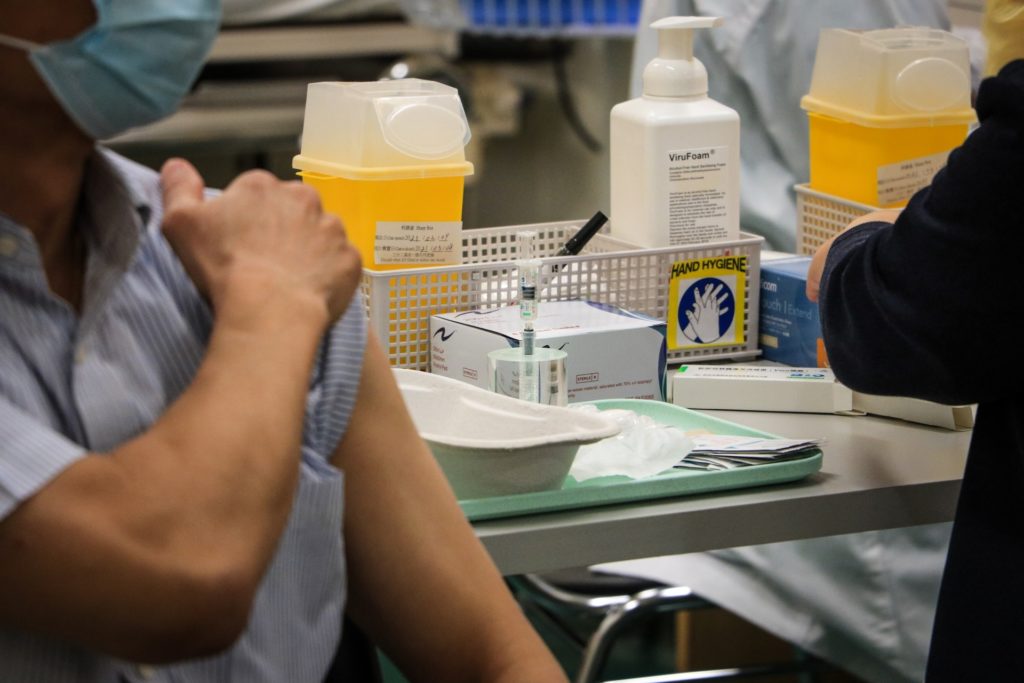The side effects of being vaccinated against Covid-19, while rare, affect women to a greater extent than men, according to a study carried out by the Centers for Disease Control and Prevention (CDC) in the US.
During the vaccination process, the person is vaccinated and then has to be observed sitting quietly for 15 minutes to see whether any unwanted effects are felt. In those first moments, the most serious side effect is the massive over-reaction of the body’s immune system known as anaphylactic shock, which has to be treated immediately.
However there are less serious side effects which can occur later, including something as routine as slight pain at the injection site, headache or a slight temperature.
The CDC looked at safety data collected from 13.7 million vaccinations, and found side-effects reported in almost 7,000 cases – a small minority.
However of those cases, 79.1% came from women, despite the fact that women had made p only 61.2% of the vaccine recipients.
What is more, the proportion of cases of anaphylactic shock suffered by women was more disproportionate still. Of 47 such reactions to the Pfizer vaccine, 44 were women; of 19 reports after the Moderna vaccine, every one was a woman.
But as the New York Times reports, the sex difference seen from the study is consistent with other findings.
“I am not at all surprised,” Sabra Klein, a microbiologist and immunologist at the Johns Hopkins Bloomberg School of Public Health, told the paper. “This sex difference is completely consistent with past reports of other vaccines.”
One example was the 2009 flu vaccine, where four time as many women as men suffered side effects, although more men were vaccinated. Another study showed that women account for 80% of all post vaccine cases of anaphylactic shock.
The reasons for the sex difference could be many and varied. Women are more likely to report medical problems than men, and that may be the same for side-effects.
Women and men also have different immune systems, with women and girls producing more antibodies in response to vaccines for flu, MMR, yellow fever, rabies, and hepatitis A and B. They also produce more of the immune system’s shock troops known as T cells.
The fact that this reaction is stronger among younger women might suggest the cause is linked to reproductive hormones, one scientist suggested.
Alan Hope
The Brussels Times

